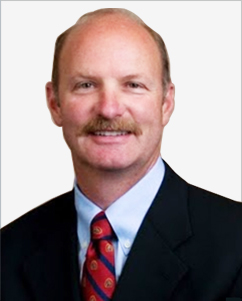Mentor, the largest breast implant manufacturer in the world, will be acquired by Johnson and Johnson.
According to Marketwatch, the medical giant J&J announced the deal on December 1st at a reported 1.12 billion dollar total value.
Dr. David Dreyfuss of Plastic Surgery Experts was recently interviewed about the possible consequences of this deal.
What shortcomings at Mentor do you believe J&J can or should address?
Dr. Dreyfuss: Certainly the marketing strategies of the Mentor/Inform group will get the most needed updating. This is an area that started to take off significantly about 2-3 years ago and promptly fell into disarray. J&J should provide the necessary technology upgrades to the system and solidify their workforce to allow the product to regain
How do you think the acquisition will affect breast augmentation patient product choices?
Dr. Dreyfuss: The J&J acquisition of Mentor should speed up the process for cohesive gel products being available to the US market. Not unlike the Allergan acquisition of Inamed, it changed the FDA focus away from a breast implant company to a pharmaceutical company. This provides an “inside track” for approval of new products. This should allow Mentor to compete on a level playing field with Allergan/Natrelle.
What companies will feel new competitive pressure from this acquisition, and how?
Dr. Dreyfuss: Clearly the most impact will be upon Allergan from this acquisition. It will put significant pressure on Allergan’s sales staff from a new influx of cash and marketing strength from J&J. The other facial implant and liposuction equipment manufacturers will feel excessive pressure. This has been an area somewhat neglected by Mentor, which will change in the future.





